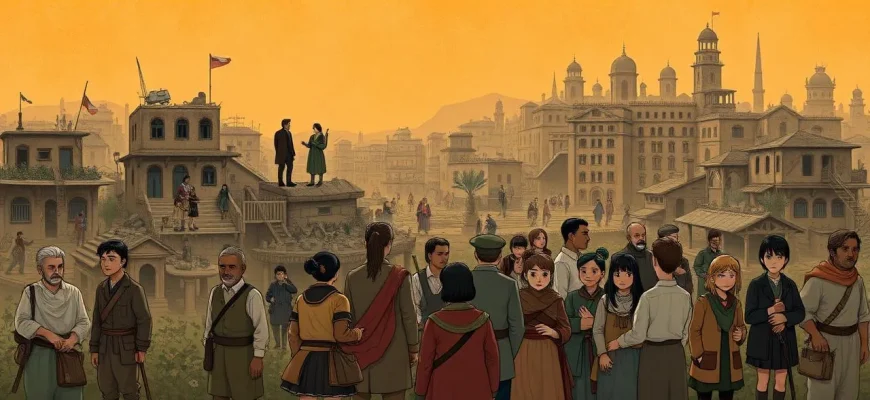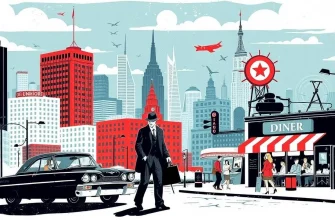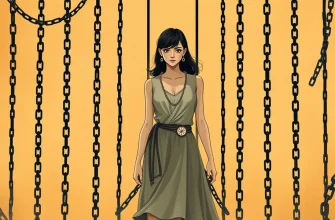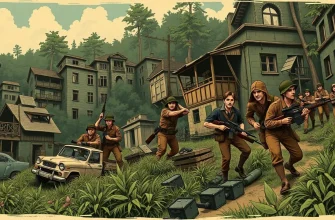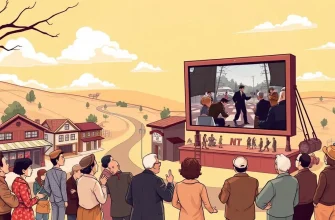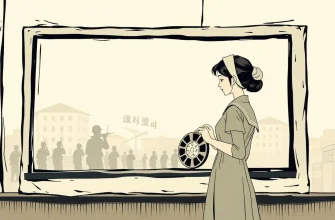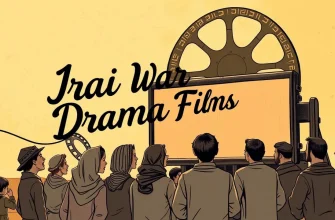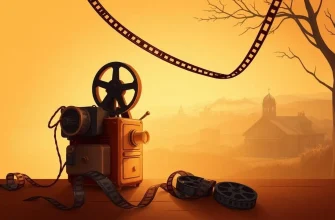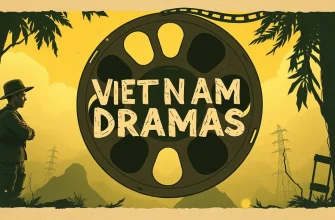In times of turmoil, the human spirit often shines brightest through stories of resistance. This collection of films delves into the heart of defiance, where ordinary individuals rise against tyranny, oppression, and injustice. From historical epics to intimate personal tales, these movies not only entertain but also inspire, offering a poignant reminder of the resilience and courage that define us. Whether you're a history buff or simply love a good drama, these films are bound to captivate and move you.
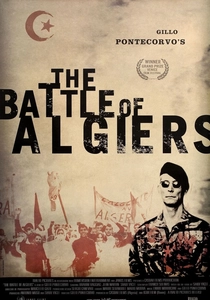
The Battle of Algiers (1966)
Description: This Italian-Algerian film dramatizes the Algerian struggle for independence from French colonial rule. It's a raw, unflinching look at urban guerrilla warfare and the tactics of resistance.
Fact: The film was shot in a documentary style, using real locations in Algiers, and it was banned in France for five years due to its controversial content.
 Watch Now
Watch Now
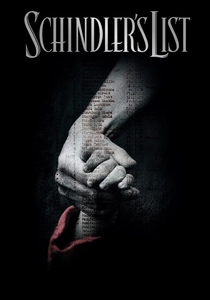
Schindler's List (1993)
Description: While not a direct resistance film, Oskar Schindler's efforts to save over 1,000 Jewish refugees during the Holocaust by employing them in his factories is a form of resistance against the Nazi regime. The film captures the essence of moral courage.
Fact: Steven Spielberg shot the film in black and white to give it a documentary feel, and the iconic scene with the girl in the red coat was inspired by a real-life event.
 Watch Now
Watch Now
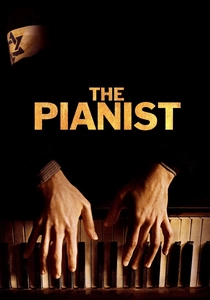
The Pianist (2002)
Description: Roman Polanski's masterpiece follows the life of Władysław Szpilman, a Polish-Jewish pianist who survives the Holocaust by hiding in the ruins of Warsaw. It's a story of survival, resistance through art, and the indomitable human spirit.
Fact: Polanski himself survived the Holocaust as a child, which adds a deeply personal layer to the film, and Adrien Brody lost 30 pounds for his role, living in character even off-camera.
 Watch Now
Watch Now
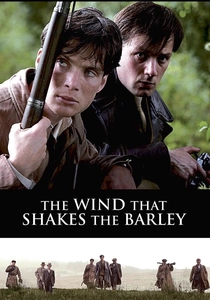
The Wind That Shakes the Barley (2006)
Description: Set during the Irish War of Independence, this film explores the personal and political struggles of two brothers involved in the fight against British rule. It's a gritty, emotional portrayal of resistance and the cost of freedom.
Fact: The film won the Palme d'Or at the Cannes Film Festival, and some scenes were shot in real locations used by the IRA during the conflict.
 Watch Now
Watch Now
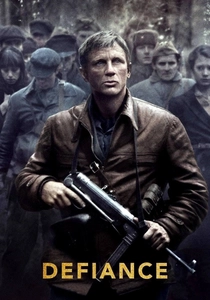
Defiance (2008)
Description: This film tells the true story of the Bielski partisans, a group of Jewish brothers who saved hundreds of lives by establishing a resistance group in the forests of Belarus during WWII. It's a testament to human endurance and the will to survive against all odds.
Fact: Daniel Craig and Liev Schreiber both learned Yiddish for their roles, and the film was shot in Lithuania, where many scenes were filmed in the actual forests where the events took place.
 Watch Now
Watch Now
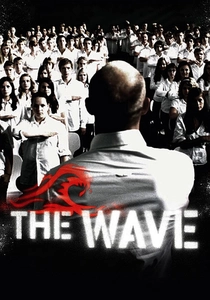
The Wave (2008)
Description: Based on a real-life experiment, this German film shows how easily fascism can take root, even in a democratic society, and how resistance against such movements is crucial. It's a chilling reminder of the power of conformity and the need for vigilance.
Fact: The film was remade in the U.S. as "The Wave" in 2010, but the original German version is considered more impactful.
 Watch Now
Watch Now
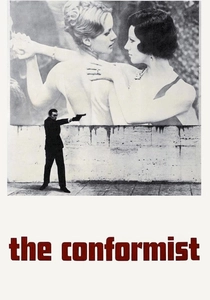
The Conformist (1970)
Description: Bernardo Bertolucci's film explores the psychological and political resistance against fascism in Italy. It's a complex narrative about identity, conformity, and the personal struggle against a totalitarian regime.
Fact: The film's cinematography, with its use of shadows and light, was highly influential, and it was one of the first films to use Steadicam technology.
 30 Days Free
30 Days Free
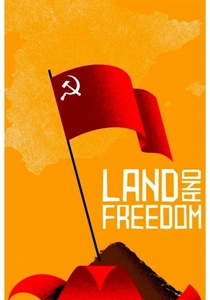
Land and Freedom (1995)
Description: Ken Loach's film focuses on the Spanish Civil War, where an English volunteer joins the fight against Franco's fascists. It's a story of international solidarity and the ideological battles within the resistance movement.
Fact: The film was shot in Spain, using many non-professional actors who had lived through the war, adding authenticity to the portrayal of the era.
 30 Days Free
30 Days Free
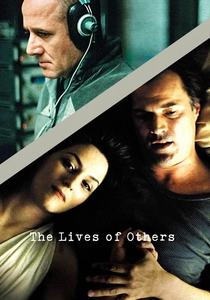
The Lives of Others (2006)
Description: Set in East Germany, this film explores the life of a Stasi officer who begins to question his role in the surveillance state as he monitors a playwright and his lover. It's a subtle form of resistance against an oppressive regime.
Fact: The film was inspired by true stories of Stasi surveillance, and it won the Oscar for Best Foreign Language Film.
 30 Days Free
30 Days Free
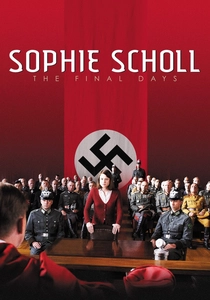
Sophie Scholl: The Final Days (2005)
Description: This German film recounts the last days of Sophie Scholl, a member of the White Rose, a non-violent resistance group in Nazi Germany. It's a powerful depiction of bravery and the fight for justice.
Fact: The film uses actual transcripts from Scholl's interrogations, and the actress Julia Jentsch won several awards for her portrayal of Sophie.
 30 Days Free
30 Days Free

